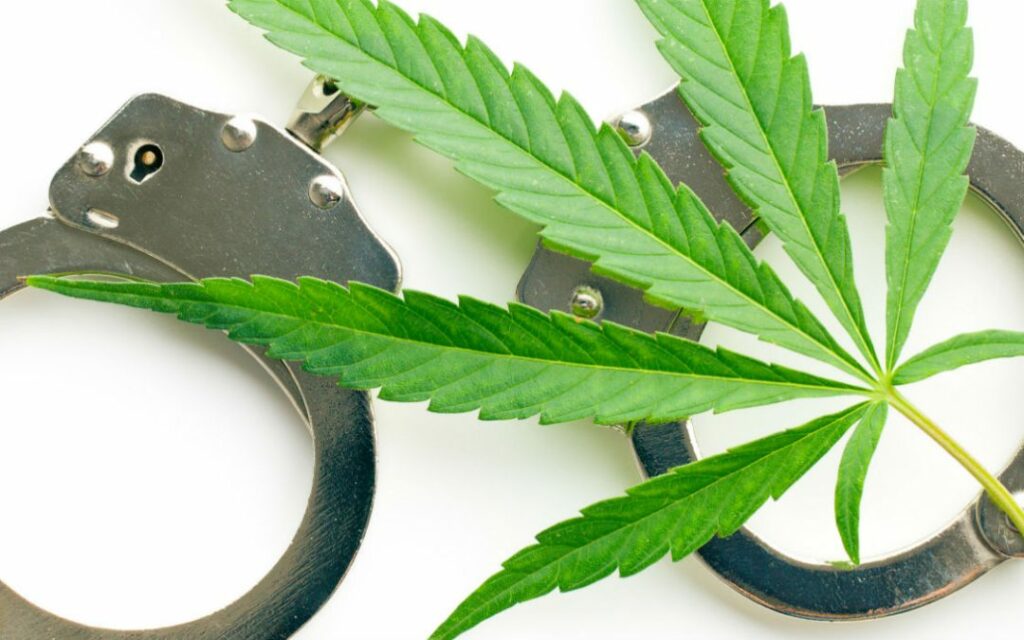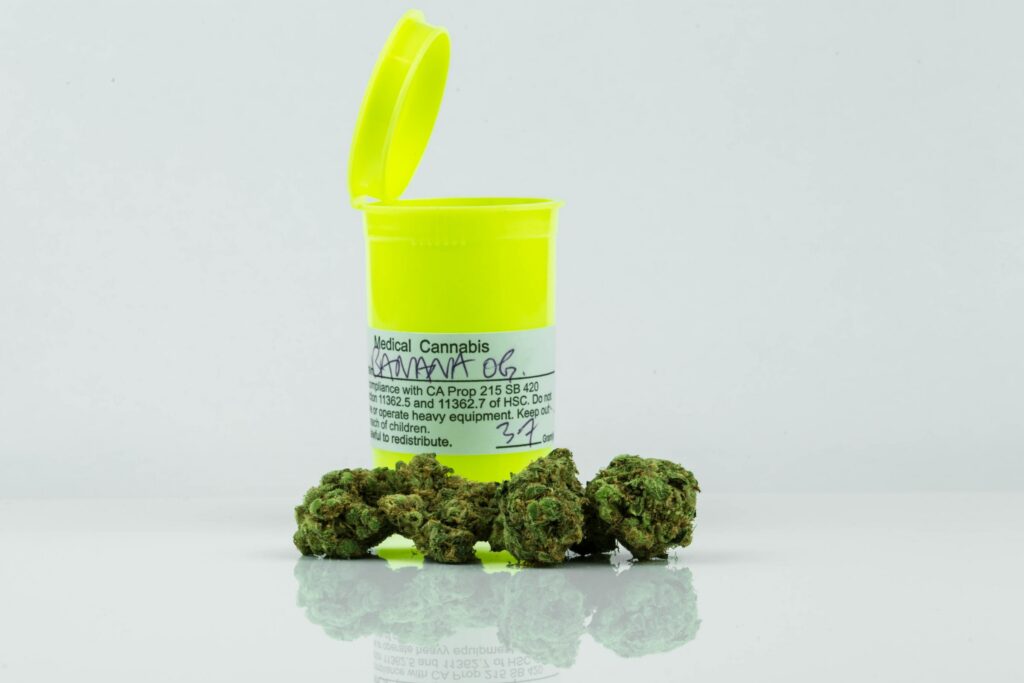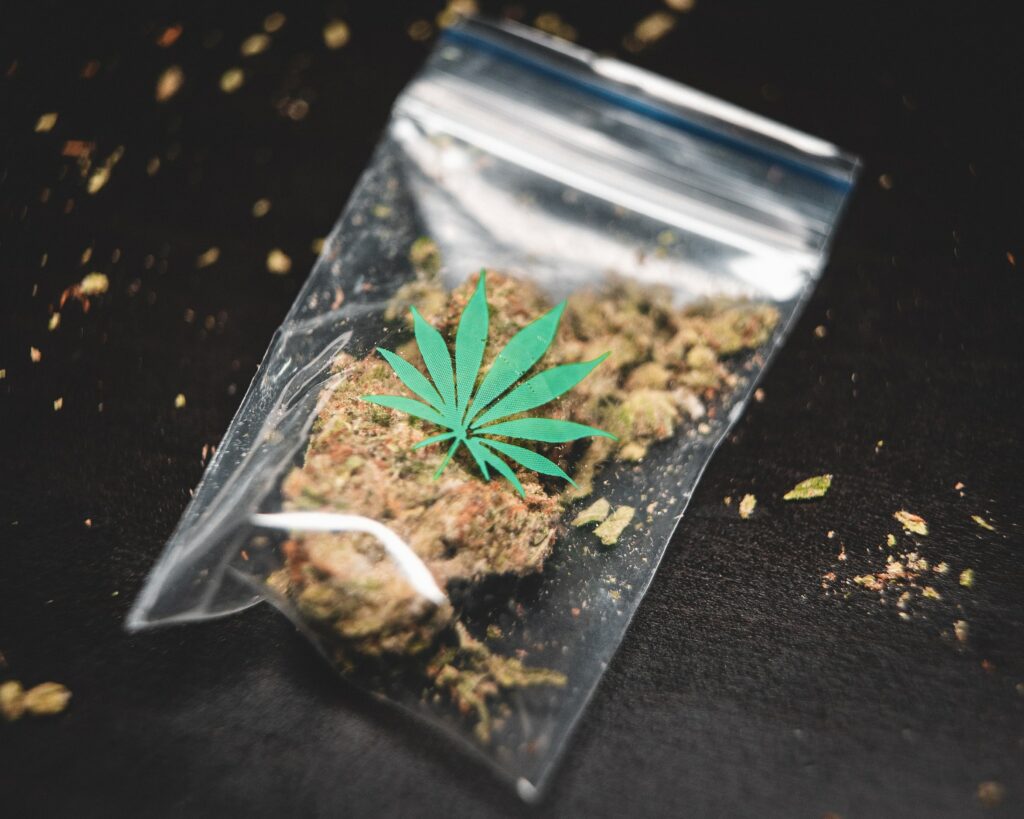More about the MORE Act

Finally, the US House of Representatives has approved the MORE Act, which stands for the Marijuana Opportunity Reinvestment and Expungement. There is still one more step to go and that is getting the bill passed by the Senate.
MORE Act Summary
Marijuana Opportunity Reinvestment and Expungement Act of 2019 or the MORE Act of 2019 is a bill to decriminalize cannabis. Specifically, it removes cannabis from the list of scheduled substances under the Controlled Substances Act and eliminates criminal penalties for an individual who manufactures, distributes, or possesses marijuana. The bill also makes other changes, including the following:
- replaces statutory references to marijuana and marihuana with cannabis,
- requires the Bureau of Labor Statistics to regularly publish demographic data on cannabis business owners and employees,
- establishes a trust fund to support various programs and services for individuals and businesses in communities impacted by the war on drugs,
- imposes a 5% tax on cannabis products and requires revenues to be deposited into the trust fund,
- makes Small Business Administration loans and services available to entities that are cannabis-related legitimate businesses or service providers,
- prohibits the denial of federal public benefits to a person on the basis of certain cannabis-related conduct or convictions,
- prohibits the denial of benefits and protections under immigration laws on the basis of a cannabis-related event (e.g., conduct or a conviction),
- establishes a process to expunge convictions and conduct sentencing review hearings related to federal cannabis offenses, and
- directs the Government Accountability Office to study the societal impact of cannabis legalization.
What happens if Senate passes the MORE Act
It would be great news for America if the bill is passed as it would deschedule cannabis and be decriminalized at the federal level. However, that does not imply it becomes completely across the US as states will still be left to regulate the substance as they see fit.
The MORE Act was sponsored in the Senate by vice president-elect Kamala Harris to remove cannabis from scheduling. The bill has provisions to take the necessary measures to address the harms that cannabis prohibition caused. It would expunge and seal previous nonviolent federal cannabis-related arrests and convictions for those who are not currently serving their sentences.
Those who are still serving sentences for federal cannabis arrests or convictions would have the opportunity to have their sentences reviewed and, possibly, have their records expunged and sentences vacated.
It would also create a community reinvestment grant program that would fund job training, health education, youth mentoring programs, and legal aid “for individuals most adversely impacted” by the war on drugs. Additionally, the bill would establish a cannabis justice office to ensure the implementation of those programs.
It is a victorious and historic move forward for federal cannabis legislation. It is the first time in 50 years that a chamber of Congress has revisited the cannabis classification as a federally controlled and prohibited substance.
Effects of Cannabis as a Schedule I Drug
Currently, cannabis is classed as a Schedule I drug, which is the most restrictive classification because the government believes it has a high potential for abuse with no medical benefit.
The original decision to put cannabis in Schedule I was not because of scientific evidence. But as more research is being done to prove there is great medical value, it’s clear the original assessment and classification was totally inaccurate. But while cannabis remains a Schedule I drug, there is less investment in research from the government, which is why advocates and lobbyists have been pushing to deschedule the substance.
Changing Perceptions
It is possible that the MORE Act might never become law, but it shows how much public and political opinion is changing towards cannabis legalization. An open letter organized by the Drug Policy Alliance (DPA) and signed by 16 organizations and more than 100 individuals, including epidemiologists and public health experts, states:
“We believe that the responsible regulation and control of marijuana will be more beneficial to society and the public’s health than prohibiting and criminalizing it.”
Danielle Ompad, Ph.D., associate dean for education and associate professor of epidemiology at the NYU School of Global Public Health said in a statement:
“What makes the MORE Act absolutely essential is that it will help communities avoid the very real harms they face daily due to the criminalization and enforcement of our marijuana laws—particularly Black, Latinx, Indigenous, and low-income communities. Federal prohibition is an utter failure and has only served to worsen public and community health. We have waited far too long and it is essential that Congress act now.”






Responses